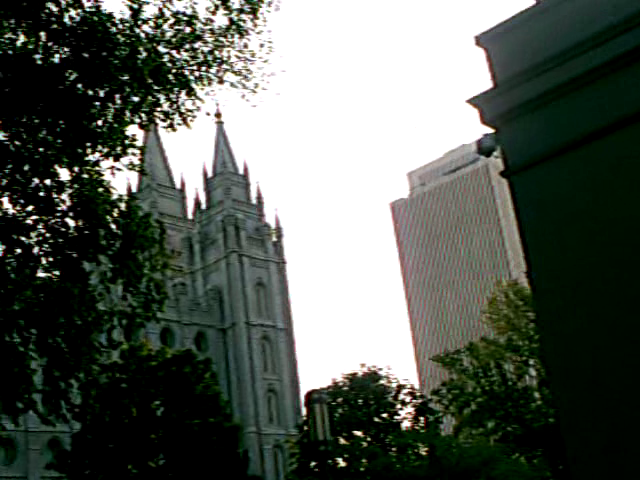Pokémon cards: The 'liquid asset' increasingly attracting criminals
-
Cards related to the popular Japanese animation franchise have soared in
value over recent years.
55 minutes ago

SOCIAL NETWORK




+NEW+YORK+hot+movie+008.jpg)
+LasVegas+gals+vlcsnap-16038.png)


There are those who believe that science will eventually explain everything—including our enduring belief in heaven. The thesis here is very simple: heaven is not a real place, or even a process or a supernatural event. It's something that happens in your brain as you die.
ReplyDeleteI first encountered this idea as I was researching my new book, Heaven: Our Enduring Fascination With the Afterlife. I was having lunch with my friend and colleague Christopher Dickey, who told me that his father, the writer James Dickey, had a fantasy of heaven in which all of his closest friends were sitting around a swimming pool, chatting. "There was nothing special about the pool itself," wrote Chris in Summer of Deliverance: A Memoir of Father and Son. "Nobody walked on the water. And he never told me who the friends were ... But what he took away from the dream was a sense of contentment, of being at ease with himself and the world, as if he had gotten a preview of heaven. He called that place 'The Happy Swimming Pool.' " Chris believes that everything we think we know about heaven happens in the moments before death. After that, there's nothing.
Science cannot definitively proof or disprove Chris's theory, but some scientists are willing to take guesses. And these guesses are based, in part, on a growing body of research around near-death experience (NDE). According to a 2000 article in The Lancet, between 9 and 18 percent of people who have been demonstrably near death report having had such an experience. And surveys of NDE accounts show great similarities in the details. People who have had NDEs describe—like some religious visionaries—a tunnel, a light, a gate, or a door, a sense of being out of the body, meeting people they know or have heard about, finding themselves in the presence of God, and then returning, changed.
Andrew Newberg is an associate professor in the radiology department at the University of Pennsylvania who has made his reputation studying the brain scans of religious people (nuns and monks) who have ecstatic experiences as they meditate. He believes the "tunnel" and "light" phenomena can be explained easily. As your eyesight fades, you lose the peripheral areas first, he hypothesizes. "That's why you'd have a tunnel sensation." If you see a bright light, that could be the central part of the visual system shutting down last.
Newberg puts forward the following scenario, which, he emphasizes, is guesswork. When people die, two parts of the brain, which usually work in opposition to each other, act cooperatively. The sympathetic nervous system—a web of nerves and neurons running through the spinal cord and spread to virtually every organ in the body—is responsible for arousal and excitement. It gets you ready for action. The parasympathetic system—with which the sympathetic system is entwined—calms you down and rejuvenates you. In life, the turning on of one system prompts the shutting down of the other. ....cont/